Climate Change
Number of results stories covering this topic: 17
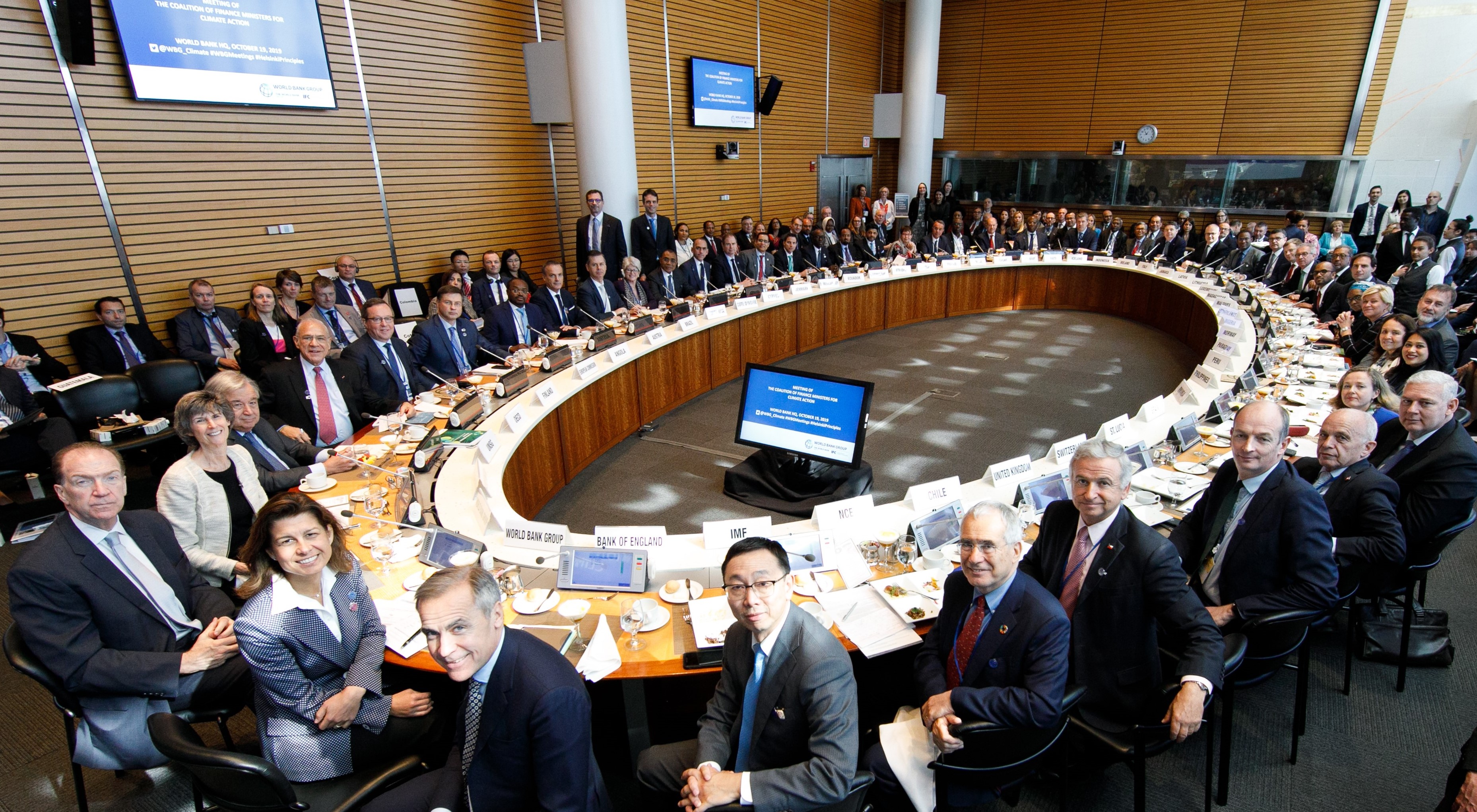
Action Learning Support to CAPE – Climate Action Peer Exchange
Climate Action Peer Exchange (CAPE) is a forum for peer learning, knowledge sharing, and mutual advisory support. It brings together ministers and senior technical specialists from finance ministries across the world, as well as World Bank staff and other international experts, to discuss the fiscal challenges involved in implementing the…

Agriculture Productive Alliances in India – Lessons from Brazil
The objective of the knowledge exchange was for the Indian delegation from Jharkhand to learn how the productive alliances approach in Brazil is improving linkages between small holders and private sector. The Indian delegation comprised of technical experts and administration wing of rural development department which is implementing a similar…
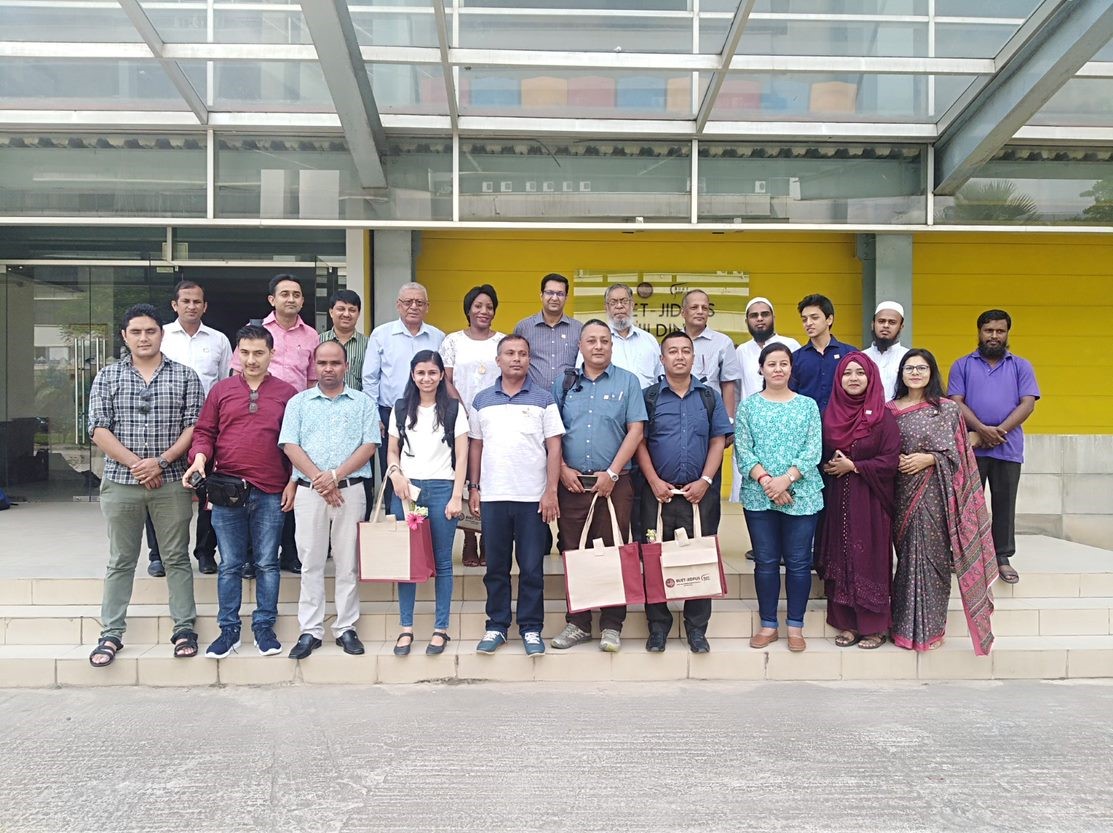
Cost-effective and climate-resilient bridge construction in Nepal
The development goal of this knowledge exchange was to improve the bridge construction and maintenance practices in Nepal across the following themes:
Construction quality
Technology applied
Climate resilience
A knowledge exchange with Bangladesh took place from September 23 to October 1st, 2018 and was funded by the South-South Facility.…
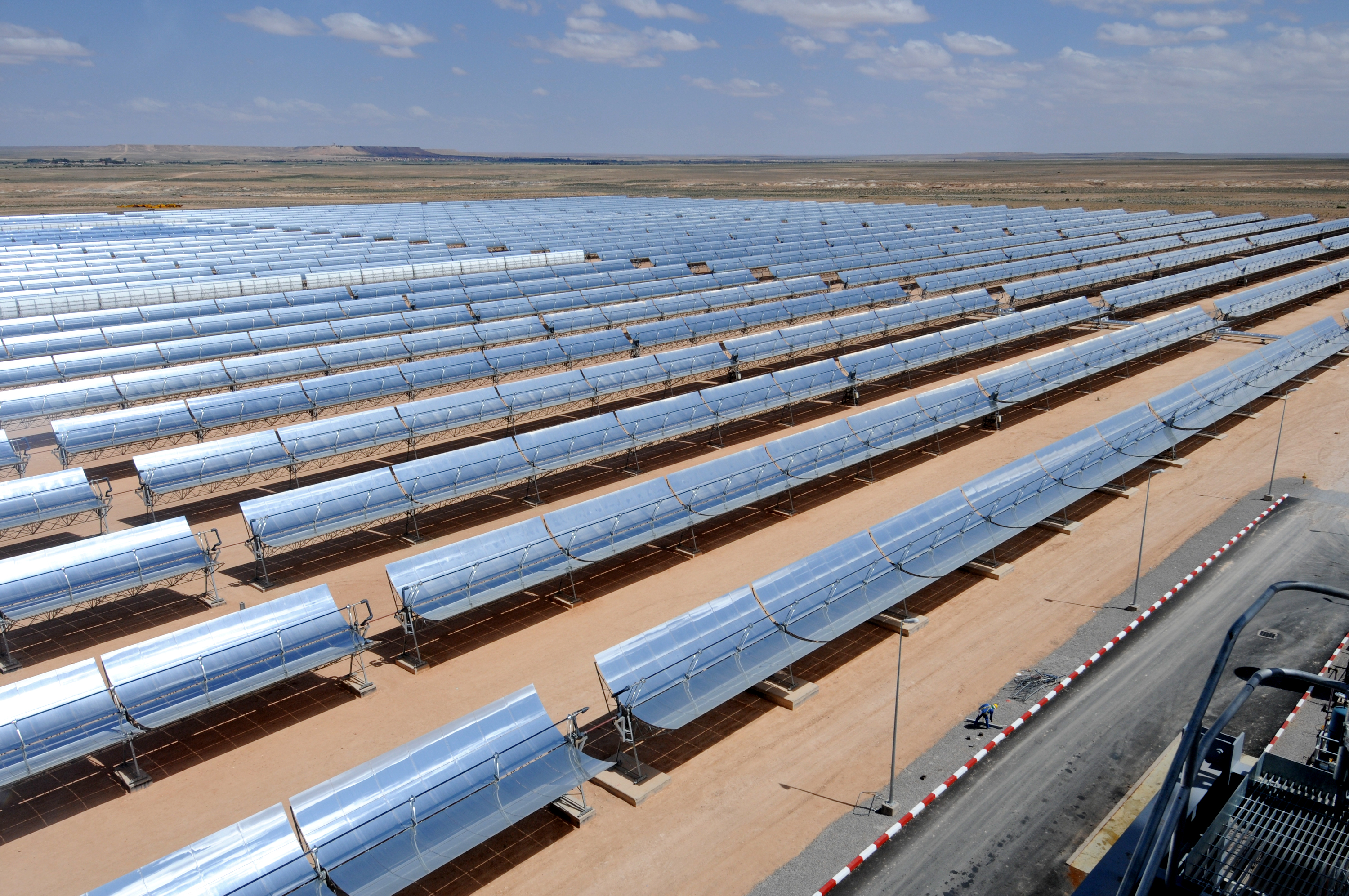
Following the Carbon for Clean Energy in Asia
Over 80% of worldwide new coal-fired power plants due to begin operating between now and 2020 will be in middle-income countries in Asia: China, India, Indonesia, Vietnam, Philippines and Pakistan. Together with the existing plants in operation in these countries, this will lock-in 260 gigatons of carbon dioxide emissions over their remaining…
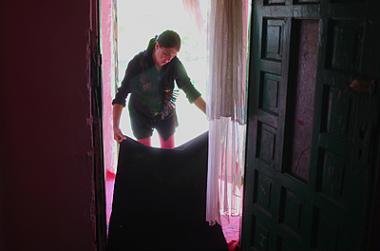
Improving Energy Efficiency in Moldova
Moldova is highly dependent on energy import, which carries risks in the form of possible disruptions in the supply of energy and negative effects on the country's account balances. Like many other republics of the former Soviet Union, Moldova has suffered from an outdated and deteriorating infrastructure. This causes inefficiencies that further…
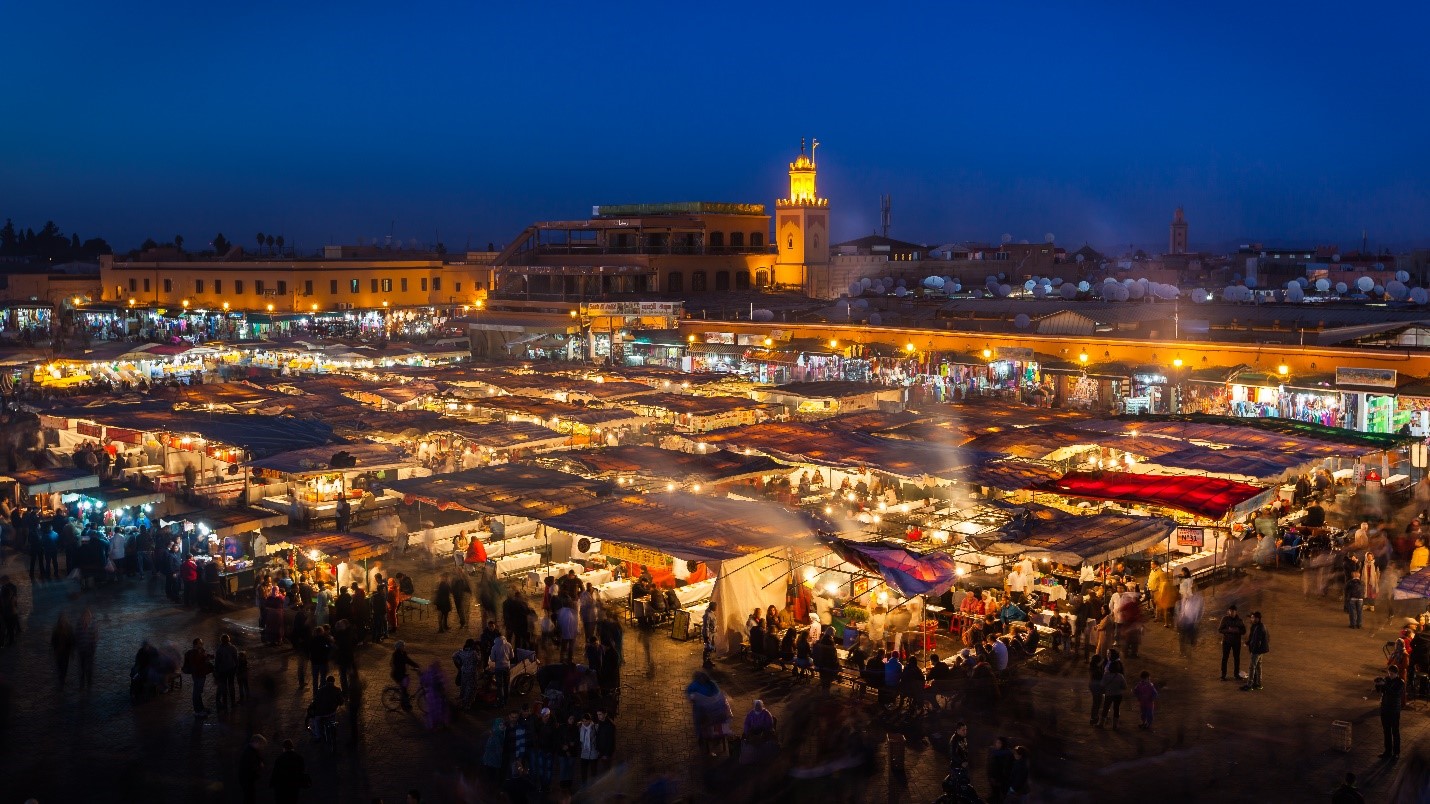
Operationalizing Energy Efficiency in Morocco
Energy consumption is forecast to triple in Morocco as a result of its economic growth and fast urbanization. Especially given its very high reliance on imported energy, the Government of Morocco (GoM) has set ambitious goals to increase energy efficiency. Cities use a great deal of energy, and as Morocco urbanizes, one area of clear need is for…
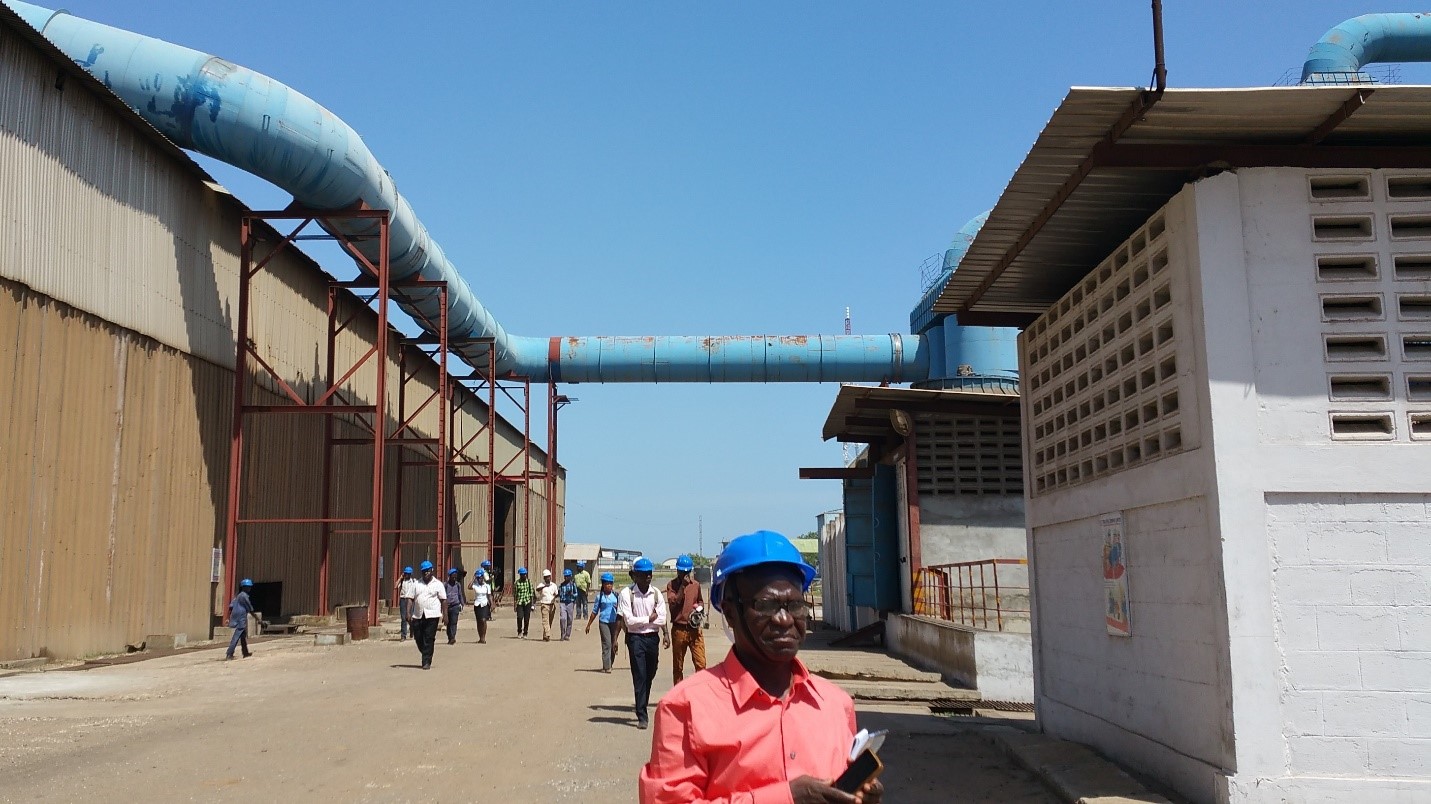
Environmental Regulation in India’s Odisha State
In 1995, with technical assistance from the World Bank, Indonesia introduced its Program for Pollution Control Evaluation and Rating (PROPER), the first such environmental rating and disclosure (ERD) initiative in the developing world. With experience from Indonesia, the World Bank helped introduce the concept to other countries, including Ghana,…
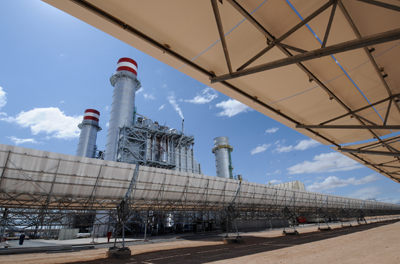
Achieving Carbon Neutrality in the Maldives by Improving Energy Efficiency and Renewable Energy Programs
As part of its effort to reach carbon neutrality and mitigate against climate change threats, the Government of the Maldives began to modernize its fragmented, inefficient, and carbon-based electricity generation capabilities. While the Maldives realized that better regulation and Renewable Energy and Energy Efficient technologies were needed in…
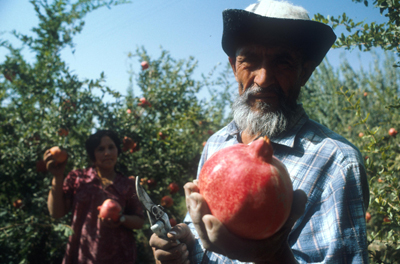
Learning Skills to Develop Forests and Reduce Carbon in the Kyrgyz Republic and Tajikistan
Developing forested areas offers many interrelated environmental and other socioeconomic benefits. Increased biodiversity, soil conservation, jobs, firewood, and building materials for the rural poor work together to create a virtuous cycle—the more forests, the more benefits; and the more benefits, the more forests. National plans in both the…
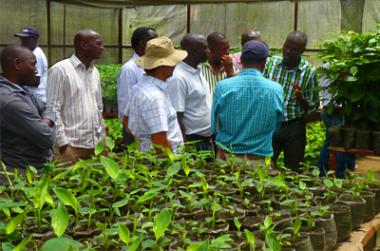
Implementing and Sustaining Shade-Grown Coffee in Burundi and Rwanda: An Exchange of Traditions with Colombia and Ethiopia
In a strategy to strengthen the coffee sector in Burundi and Rwanda, both countries demonstrated interest in implementing shade-grown coffee programs that will promote sustainable economic development and redress land degradation. Putting in place such programs required increased stakeholder ownership and specific technical and organizational…
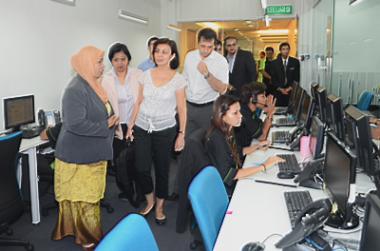
Improving Energy Efficiency in Bosnia and Herzegovina’s Public Buildings
What was the objective of the South-South exchange? : The often-inefficient energy end-use in Bosnia and Herzegovina indicates a real need for reducing the burden of energy expenses in both public and private sectors. An important energy sector goal of the country is to increase energy efficiency by 9 percent by 2018, and for the public sector to…
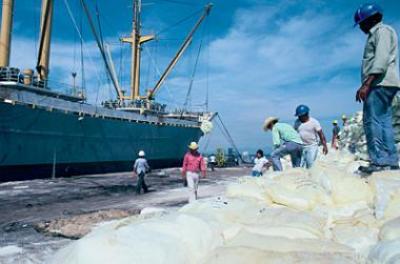
Sharing Experience in Promoting Green Growth
The state of Himachal Pradesh in India recognized the need to design its development strategy that included policies for sustainable management of natural resources and inclusive economic growth. Mexico had experience with including green growth and managing climate change into their own development agenda. Himachal Pradesh officials engaged…
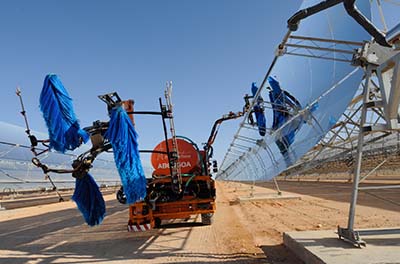
Learning from Successful Experiences in Developing Large Scale Concentrated Solar Power in Morocco and Egypt
As China prepared to implement its first-ever concentrated solar power (CSP) project, it wanted to learn from the experiences of other states with existing CSP projects. To that end, China approached the South-South Facility at the World Bank Institute to support a study tour to Egypt and Morocco—two countries with CSP projects that the World Bank…
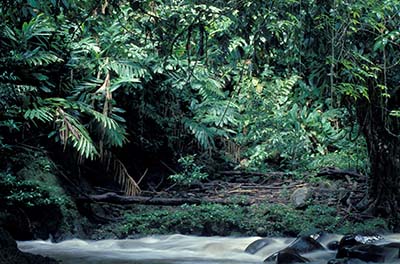
Reducing Vulnerability to Climate Change in the Caribbean
The Eastern Caribbean states of Dominica, Grenada, Saint Lucia, and Saint Vincent and the Grenadines (SVG) have worked with the World Bank, regional development partners, and donors to reduce their vulnerability to climate change. Activities have supported making infrastructure resilient to climate threats, modeling climate risks and hazards,…
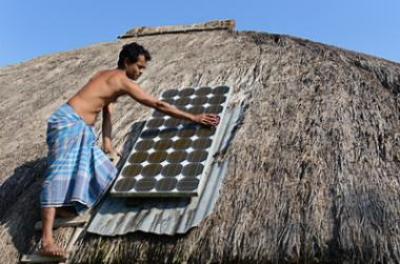
Promoting Renewable Energy Certificates and Sustainable Energy Certificates in Thailand
The Government of Thailand recognized the need to modify its existing energy policy to become more energy efficient, reduce greenhouse gas emissions, promote economic development, and establish environmental leadership in the Mekong region. The exchange with India facilitated policy change regarding developing private sector confidence in…
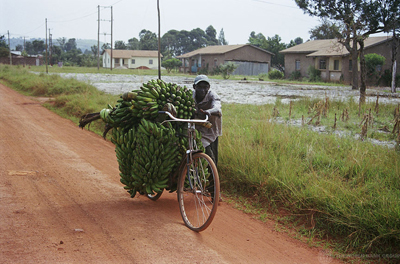
Comprehensive Climate Change Planning in Tanzania
Tanzania is highly vulnerable to climate shocks, and droughts, floods, and tropical storms are likely to become more intense and unpredictable as the earth warms. Current climate variability already inflicts significant economic hardship on Tanzania, which is largely dependent on agriculture. A devastating drought in 2005 and 2006 affected…
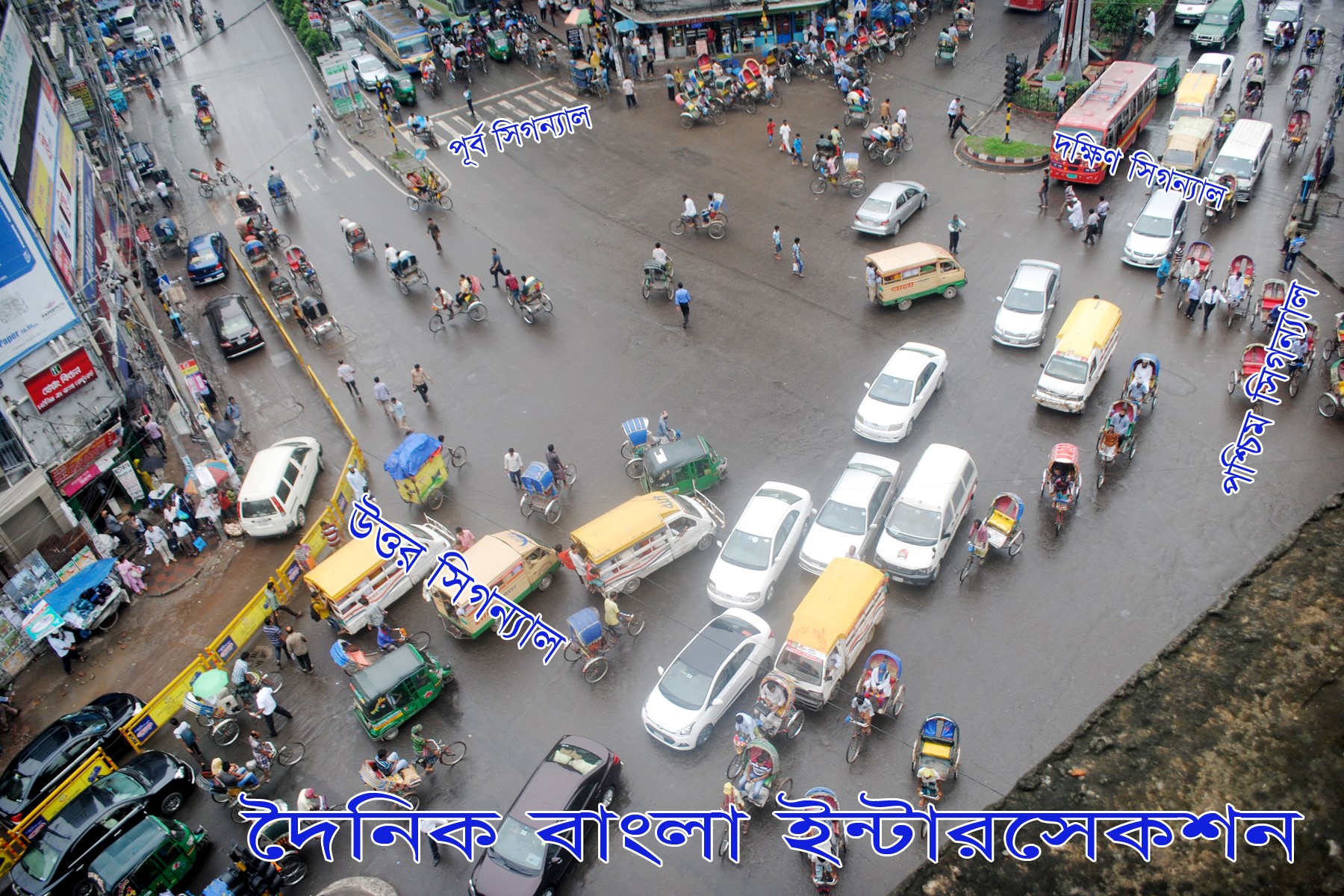
Managing Traffic Signals to Alleviate Traffic and Reduce Pollution in Dhaka, Bangladesh
Dhaka Metropolitan Police (DMP) is still using hand signals at nearly all traffic intersections. To reduce pollution and manage heavy traffic, DMP and agencies related to transport needed to learn to appreciate and finish implementation of a basic traffic signal system for key intersections throughout the city.
Through study tours to key cities…

 China
China Colombia
Colombia Denmark
Denmark India
India Indonesia
Indonesia Mexico
Mexico Russian Federation
Russian Federation Spain
Spain United Kingdom
United Kingdom